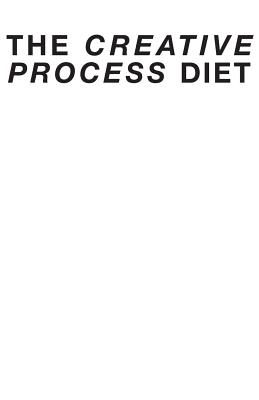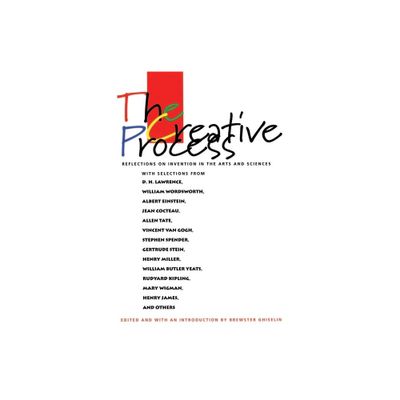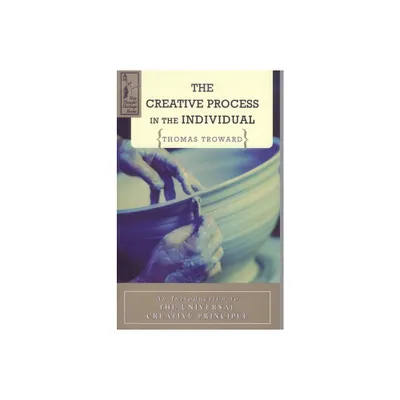Home
The Feminine Case: Jung, Aesthetics and Creative Process
Loading Inventory...
Barnes and Noble
The Feminine Case: Jung, Aesthetics and Creative Process
Current price: $51.99


Barnes and Noble
The Feminine Case: Jung, Aesthetics and Creative Process
Current price: $51.99
Loading Inventory...
Size: Paperback
*Product Information may vary - to confirm product availability, pricing, and additional information please contact Barnes and Noble
The Feminine Case
is a collection of papers that debate the issue of gender from a Jungian perspective. Particular attention is paid to the discussion of Jung's "transcendent function" and what this offers women in the process of individualisation. Attention is also given to the revisionist work of James Hillman and to relevant issues found within post-Lacanian critique, principally in the works of Julia Kristeva, Luce Irigaray and Helene Cixous. The chapters deal with a range of issues and aim to promote further discussion. One theme discussed in the book is the way in which feminine language is formed within a masculine domain and how it can and is changing. Works of literature, notably those of Charlotte Bronte and The Tempest, are explored and examined in conjunction with Jungian themes. The feminine in relation to the maternal, and in its lack of relation to the divine, are two other engaging topics discussed in this volume. This collection involves the reader in a welcome debate on the role of the feminine in the Jungian world.
is a collection of papers that debate the issue of gender from a Jungian perspective. Particular attention is paid to the discussion of Jung's "transcendent function" and what this offers women in the process of individualisation. Attention is also given to the revisionist work of James Hillman and to relevant issues found within post-Lacanian critique, principally in the works of Julia Kristeva, Luce Irigaray and Helene Cixous. The chapters deal with a range of issues and aim to promote further discussion. One theme discussed in the book is the way in which feminine language is formed within a masculine domain and how it can and is changing. Works of literature, notably those of Charlotte Bronte and The Tempest, are explored and examined in conjunction with Jungian themes. The feminine in relation to the maternal, and in its lack of relation to the divine, are two other engaging topics discussed in this volume. This collection involves the reader in a welcome debate on the role of the feminine in the Jungian world.


















